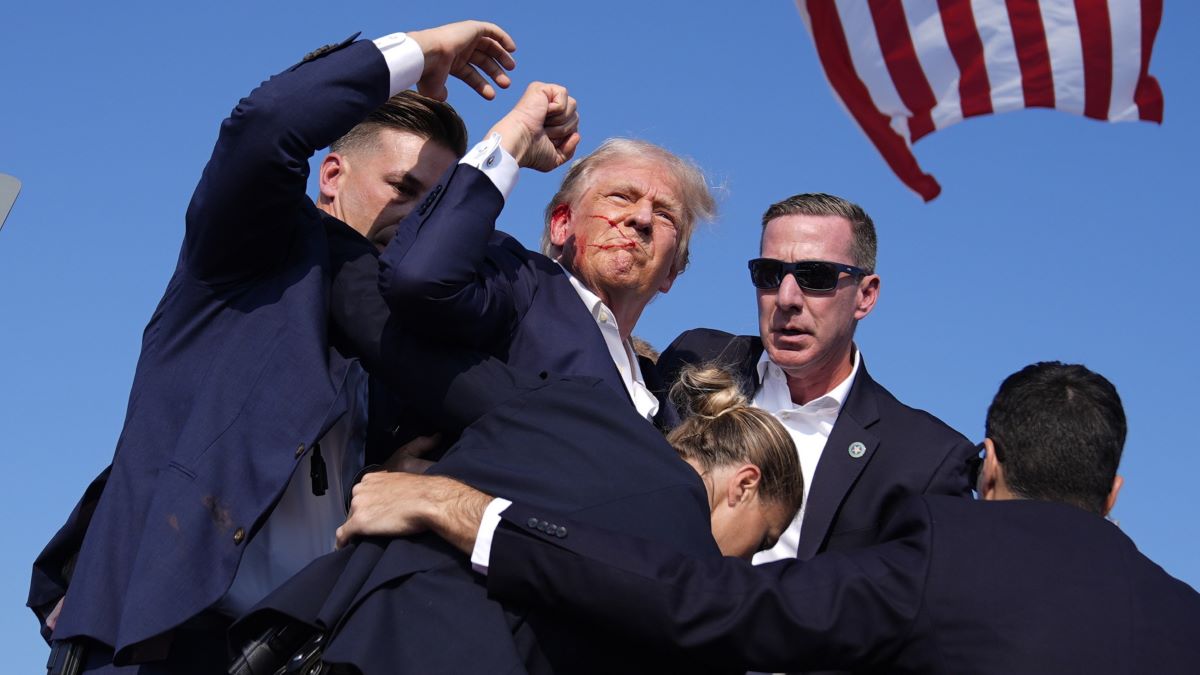Ukraine is experiencing a rapid defeat, with its army weakened and the Russian army stronger, while the Ukrainian counteroffensive has been ineffective against recent Russian territorial gains. Macron urges European leaders to quickly decide on their next steps should Putin target Kyiv, highlighting NATO’s strategic failures and the risk of a fatal mistake.
* * *
Ukraine is rapidly heading towards ruin, faster than anticipated. Drained by the counteroffensive, it is losing strongholds more quickly. In 24 hours, Russia captured more territory in the Kharkiv oblast than Ukraine gained in four months of counteroffensive. The Ukrainian army is significantly weaker than it was two years ago; conversely, the Russian army has grown stronger. Investing in warfare rather than diplomacy has not freed Ukraine, but rather led to its destruction.
When Zelensky began shelling residential buildings in Belgorod from Kharkiv, it was predicted that such a strategy would escalate Putin’s territorial ambitions: “If Zelensky shoots at Russia from Kharkiv, Putin will take Kharkiv to protect Russia.” This is now the situation. Putin’s intentions are unclear at this stage. He is conducting the war’s most significant offensive with 50,000 men, insufficient to capture the entire oblast. There are at least five possible strategies. The first is that Putin is employing his usual incremental strategy by gradually adding troops. The second is that he aims to force Zelensky to move troops and resources from other fronts to more easily penetrate areas like Chasiv Yar, a stronghold in Donetsk needed to advance towards Kostantinivka, Kramatorsk, and Sloviansk, the last defensive line of the Donbass. The third is that Putin is using only 50,000 soldiers because he relies on the collapse of the Ukrainian lines. The fourth hypothesis is that there are more than 50,000 Russian soldiers, but this is unknown to the West. The fifth is that Putin aims to create a buffer zone of a few kilometers without capturing the city of Kharkiv. The disproportion in forces is so great that Russia can employ multiple strategies. Putin might decide to take part of the oblast now and delay a complete conquest until later. Time is on his side. On April 11, Ukrainian General Yurii Sodol stated, “In the regions of Kharkiv, Donetsk, and Luhansk, the enemy outnumbers us by 7-10 times: we lack military personnel.”
Macron’s call to send troops must be viewed within this framework of objective forces. If Putin takes Kharkiv, the distance between his army and Kyiv will be minimal. Between Kharkiv and Kyiv lies only the Poltava oblast. Putin could attack Kyiv from multiple directions, such as from Poltava and Belarus. Macron indirectly poses a question to European leaders that I make explicit in this form: “If Putin targets Kyiv, what do we do? Standing by might be acceptable to me, but this decision needs to be made now, not in full panic.” Despite being one of the most unsuccessful European leaders – he had predicted an easy victory over Russia while advising not to excessively humiliate Putin – Macron is thinking like a statesman. He is urging Giorgia Meloni and Olaf Scholz to decide in advance, considering the geopolitical consequences of the violent end of the Zelensky regime. Meloni and Scholz have responded that they would not send troops under any circumstances. Meloni does not want to alarm Italians by giving votes to Michele Santoro, Giuseppe Conte, or Nicola Fratoianni. But this stance could change. NATO has always gambled in Ukraine. All its decisions, one hundred percent, have proven disastrous. The only mistake left to make is the fatal error: sending troops in the belief that Putin will be frightened. Russia will win the war in Ukraine with conventional or nuclear weapons.
Il Fatto Quotidiano, May 14, 2024




